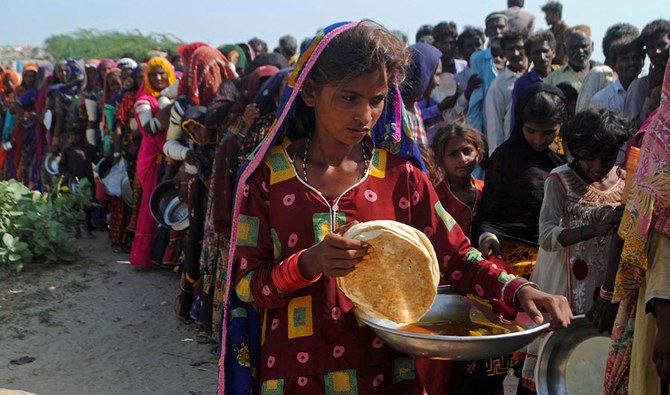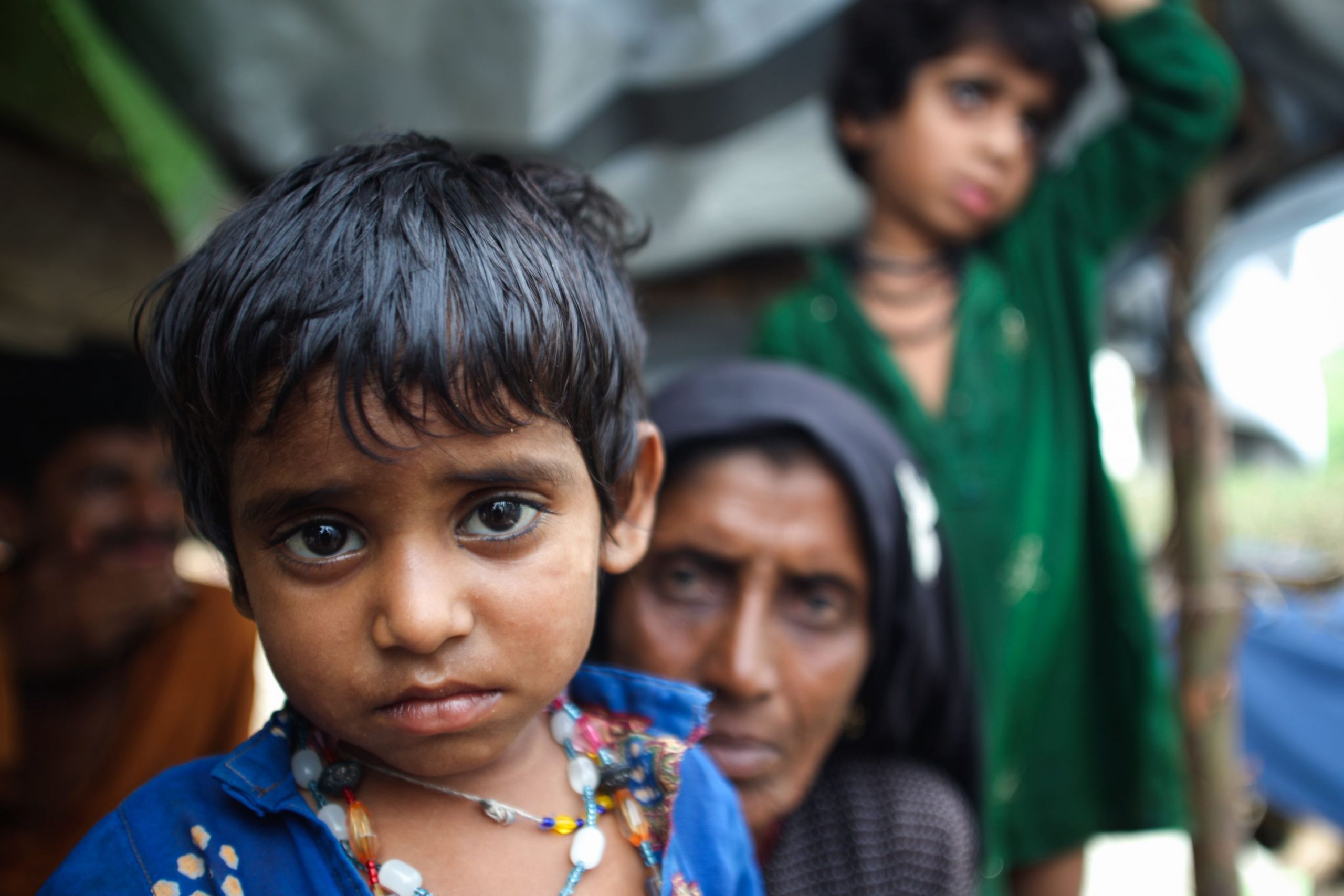
The government must do more to address the root causes of the problem and ensure that families can meet their basic needs
Zaheer Udin Babar Junejo
The recent losses of livelihood, poor administration causing recessions, and no price control in open markets have resulted in an artificial shortage of essential items in Pakistan. This has made Ramadan a challenging time for many families who struggle to meet their basic needs. For the first time in the last four decades, those who earn halal income are finding it hard to provide for their families. Ramadan, a month of reflection, empathy, and compassion, has been a difficult time for many families in Pakistan. The inability to provide for basic needs has caused immense emotional distress, with families struggling to keep their heads above water. As the wealthy shop for Eid, the poor can only watch with tears in their eyes, unable to afford even the basic necessities.
 The government’s focus on fighting the opposition has left little room for addressing the needs of the poor. While there have been some efforts by individuals and civil society organizations like the Fast Rural Development Program to provide food and run ration drives, host Sehri and Iftari Dastarkhwan, distribute clothes and Eidi, and extend unconditional support to orphans, widows, street workers, and residents of old age homes, these efforts have not been sufficient to address the scale of the problem. While Ramadan teaches us to feel hunger and to help those in need, the current situation in Pakistan has made it challenging to practice these principles. The obligation to pay Zakat ul Fitr has become a burden for many, with the payment now made in cash to religious outlets instead of being shared with relatives and neighbors in the form of food.
The government’s focus on fighting the opposition has left little room for addressing the needs of the poor. While there have been some efforts by individuals and civil society organizations like the Fast Rural Development Program to provide food and run ration drives, host Sehri and Iftari Dastarkhwan, distribute clothes and Eidi, and extend unconditional support to orphans, widows, street workers, and residents of old age homes, these efforts have not been sufficient to address the scale of the problem. While Ramadan teaches us to feel hunger and to help those in need, the current situation in Pakistan has made it challenging to practice these principles. The obligation to pay Zakat ul Fitr has become a burden for many, with the payment now made in cash to religious outlets instead of being shared with relatives and neighbors in the form of food.
The hardships faced by the general public during Ramadan in Pakistan are a stark reminder of the need for better governance, stronger safety nets, and more equitable distribution of resources. While individuals and civil society organizations have stepped up to provide support, they are with very limited resources and often are trapped by authorities in the name of due diligence. The government must do more to address the root causes of the problem and ensure that families can meet their basic needs.
__________________
Zaheer Udin Babar Junejo is a Community Development Professional based in Hyderabad Sindh